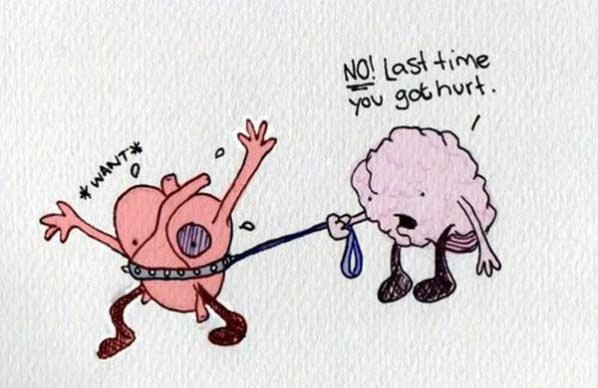Search (2518)
What predicts cheating in a relationship?
udy was among young people but I'd be surprised if these weren't true across the board: Using a multi-perspective vignette design, we explored predictors of young peoples' (N=119) propensity to engage in unfaithful activities while dating. Demographic measures, a datding investment model, and measures of functional and dysfunctional impulsivity were used to predict inclination to engage in each of two extradyadic activities (kissing and sexual activity). The results of moderated multiple regression analyses revealed that a respondent's number of sexual…
2 minutes
Can minor differences in income make a big difference in people’s lives?
show how small initial wealth differences between low skilled black and white workers can generate large differences in their labour-market outcomes. This even occurs in the absence of a taste for discrimination against blacks or exogenous differences in the distance to jobs. Because of the initial wealth difference, blacks cannot afford cars while whites can. Car ownership allows whites to reach more jobs per unit of time and this gives them a better bargaining position. As a result, in…
1 min read
Why do some people always think others are out to get them?
rceiving oneself as having powerful enemies, although superficially disagreeable, may serve an important psychological function. On the basis of E. Becker’s (1969) existential theorizing, the authors argue that people attribute exaggerated influence to enemies as a means of compensating for perceptions of reduced control over their environment. In Study 1, individuals dispositionally low in perceived control responded to a reminder of external hazards by attributing more influence to a personal enemy. In Study 2, a situational threat to control over…
1 min read
Does losing make winning that much better?
ior studies have observed that the attractiveness of playing a simple gamble (7/36 to win $9; otherwise win nothing) is greatly enhanced by introducing a small loss (7/36 win $9; otherwise lose 5¢). The present studies tested and confirmed an explanation of this finding based on the concept of evaluability and the affect heuristic. Evaluators of the "no-loss" gamble lack a precise feeling for how good $9 is, hence give it little weight in their judgment. In the second gamble,…
1 min read
Do women try to sabotage more successful women?
o studies tested the hypothesis that females penalize women who succeed in male gender-typed jobs to salvage their own self-views regarding competence. The authors proposed that women are motivated to penalize successful women (i.e., characterize them as unlikable and interpersonally hostile) to minimize the self-evaluative consequences of social comparison with a highly successful female target. Results supported the hypothesis. Whereas both male and female participants penalized successful women, blocking this penalization reduced female—but not male—participants' self-ratings of competence (Study 1).…
1 min read
Who wins in a price war?
though retail price wars have received much business press and some research attention, it is unclear how they affect consumer purchase behavior. This article studies an unprecedented price war in Dutch grocery retailing that started in fall 2003, initiated by the market leader to halt its sliding market share. The authors investigate the short- and long-term effects of the price war on store visits, on spending, and on the sensitivity of these decisions to weekly prices and price image. They…
2 minutes
Another trick to dealing with depression:
key to alleviating depression is fostering a shift from self-worth goals to learning goals and from the beliefs underlying self-worth goals to the opposite beliefs." There is evidence that beliefs (cognitive vulnerabilities) and goals (to prove self-worth) contribute to depression but little consideration of how they work in tandem. Synthesizing research on beliefs and goals leads us to four propositions: (a) People with cognitive vulnerabilities often adopt self-worth goals (seeking to prove self-worth and to avoid proof of worthlessness).…
1 min read
A quick tip to improve your poker game:
ter losing a big hand, take a break or consciously make sure you don't play less cautiously: We find that experienced poker players typically change their style of play after winning or losing a big pot—most notably, playing less cautiously after a big loss, evidently hoping for lucky cards that will erase their loss. This finding is consistent with Kahneman and Tversky's (Kahneman, D., A. Tversky. 1979. Prospect theory: An analysis of decision under risk. Econometrica 47(2) 263–292) break-even hypothesis…
1 min read


